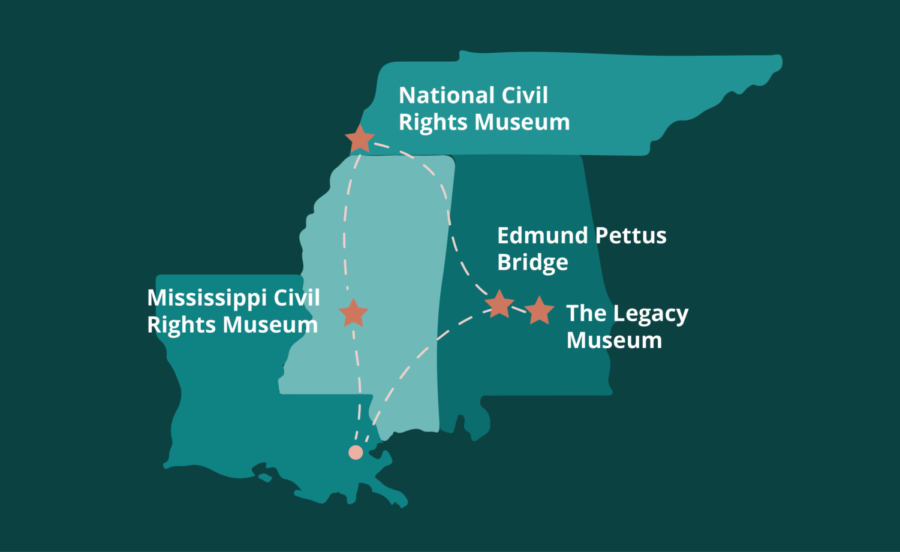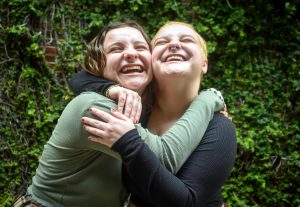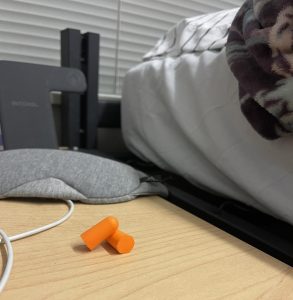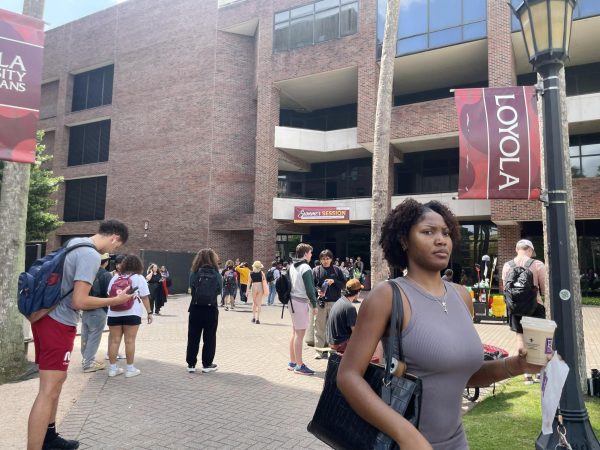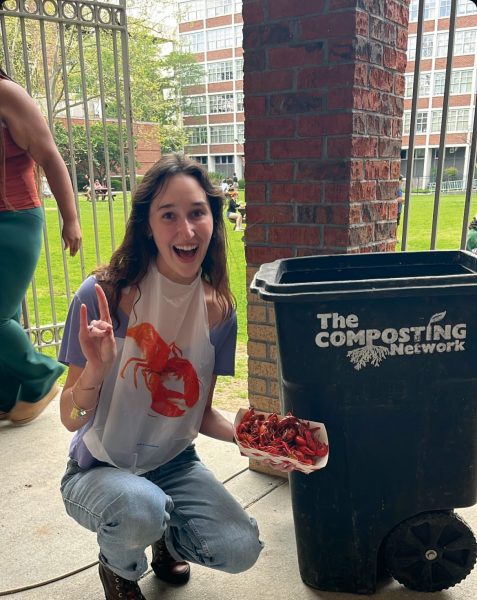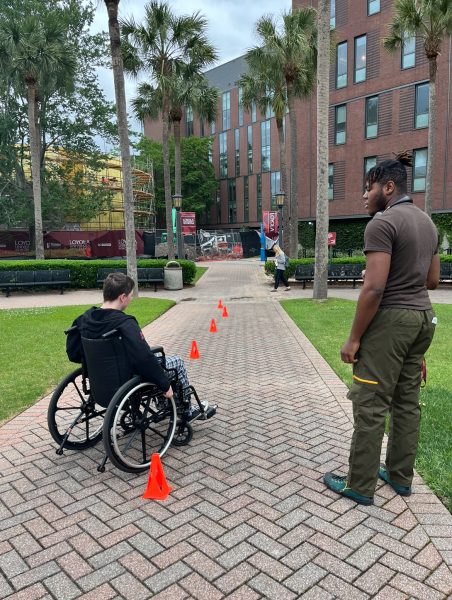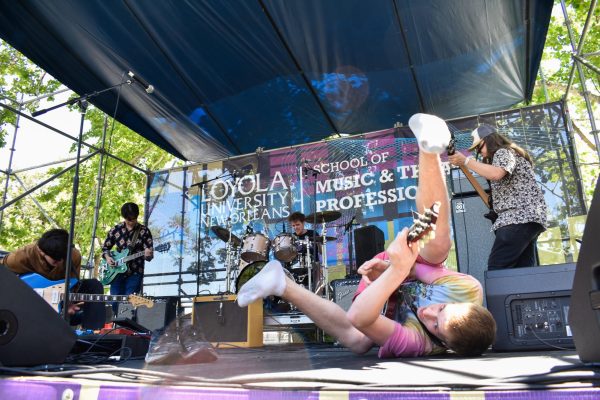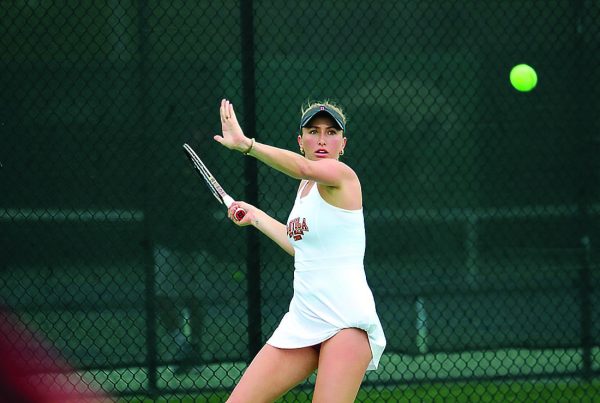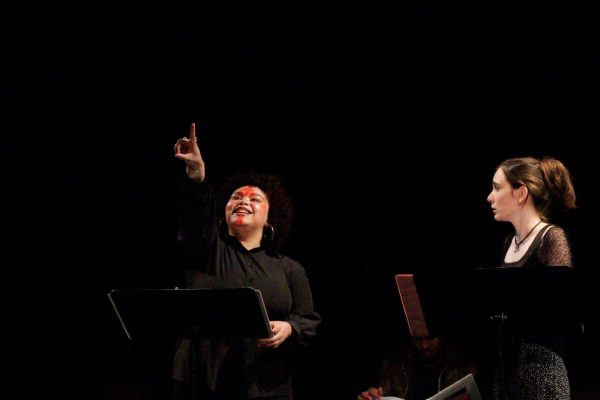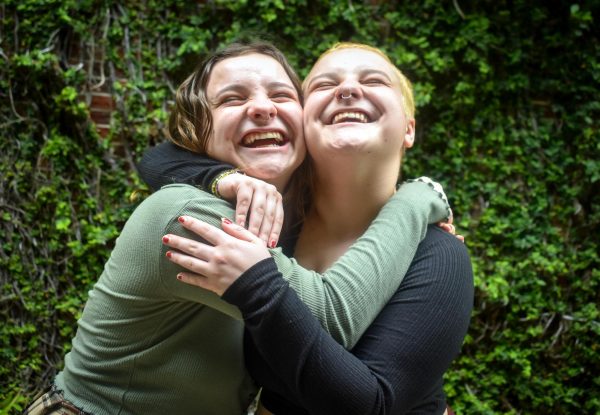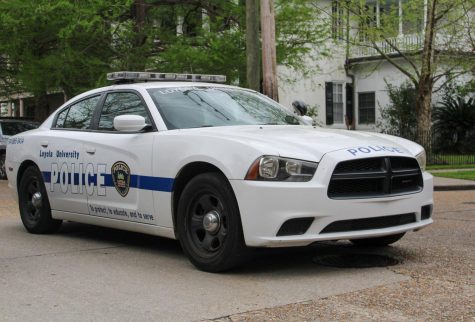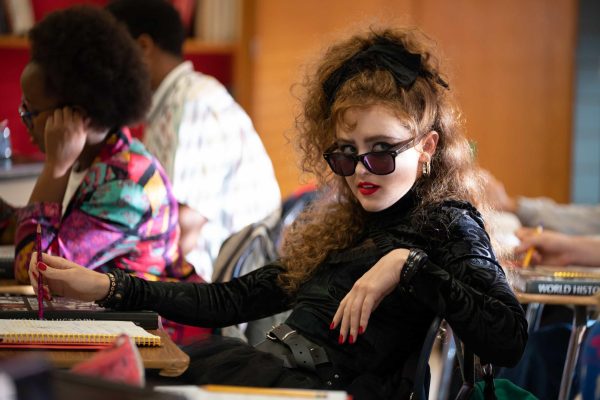Loyola to take part in Civil Rights road trip
February 21, 2019
Suitcases and snacks will be packed on Mardi Gras day, just in time for the civil rights road trip. The civil rights road trip will drive through Louisiana, Mississippi, Alabama and Tennessee to stop at several sites important to civil rights history beginning on March 6.
After several conversations with students about the civil rights movement histories that aren’t often discussed in schools, Stacy Lewis-Goins, administrative assistant, and Heather Malveaux, university minister for social justice and immersion programs, came up with the opportunity for students to take an educational road trip.
“It’s designed to give an overview of civil rights in African-American community in the United States through learning about what took place in the south,” Malveaux said.
Because the university community in New Orleans is small, the trip offers students from Loyola, Dillard and Xavier the opportunity to learn without having to sit in a classroom and take exams or write papers but still “painting the entire picture” of African-American history, according to Malveaux.
“I’m a big believer in experiential learning,” Malveaux said. “I think it’s very important because we go to a university that has social justice written in its mission and wants us to holistically educate our students.”
The educational journey serves as a way for students to bond over the road trip experience, and get to know their peers and themselves in a “different learning environment,” according to Malveaux.
The bus will travel, in order, to the National Voting Rights Museum in Alabama, the Mississippi Civil Rights Museum in Mississippi, the National Civil Rights Museum in Tennessee, the Edmund Pettus Bridge in Alabama and The Legacy Museum: From Enslavement to Mass Incarceration in Alabama over the course of five days, from March 6 to March 10.
Sybol Anderson, chief diversity officer, said the value of the trip is for students to be able to engage in the history that is not often talked about in school.
“I think it’ll be an awesome experience,” Anderson said. “(The trip) will evoke feelings and emotions that will provoke deeper thought, and I think that’s exactly the type of thing that more people need to experience in order to really understand the issues and concerns we have about social justice.”


